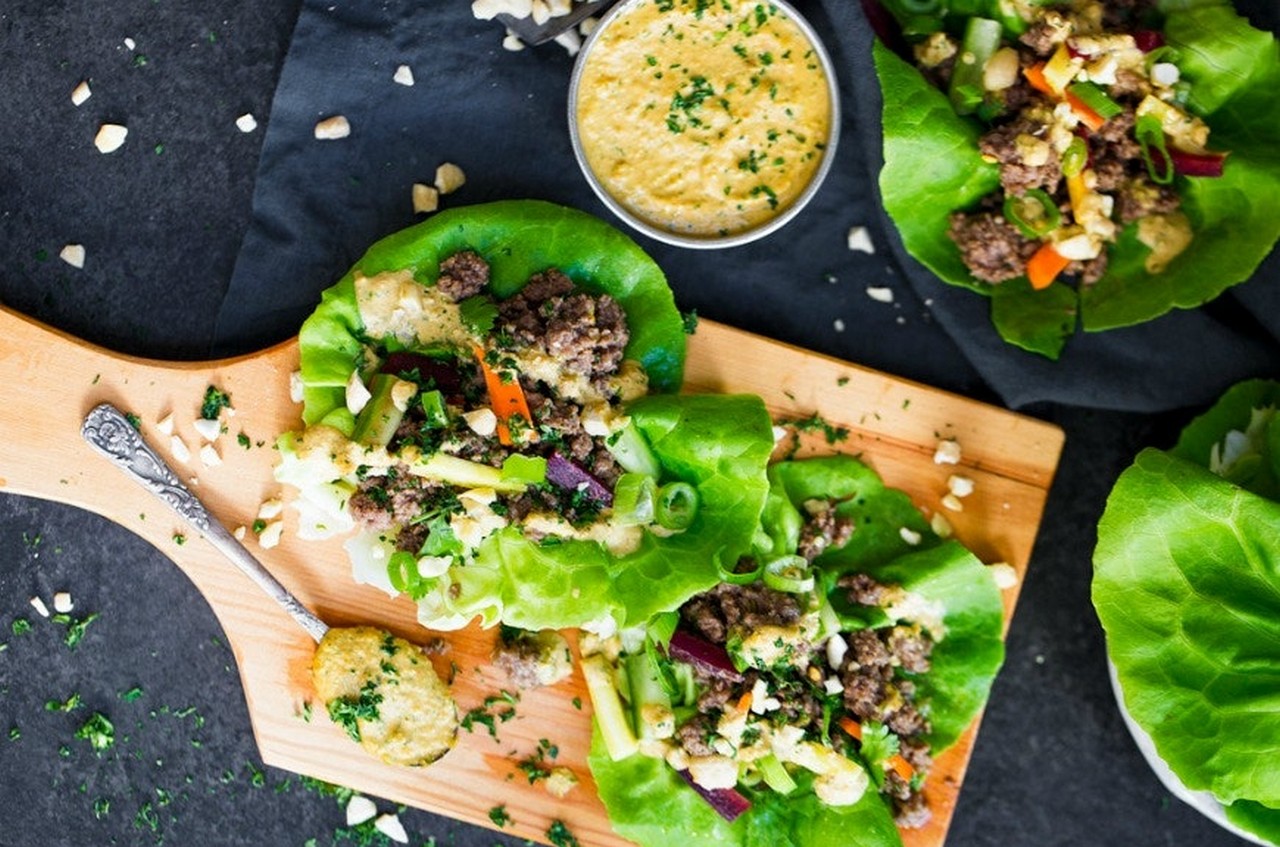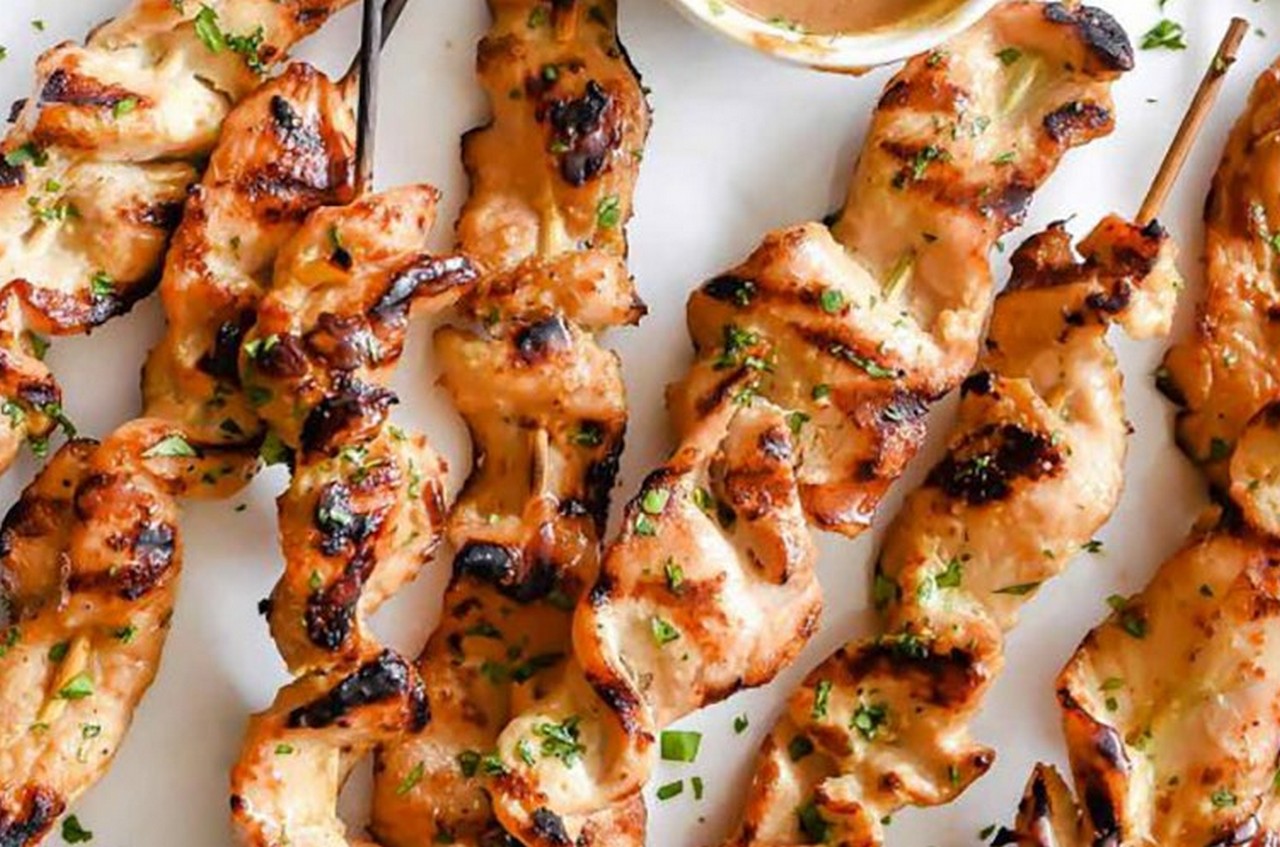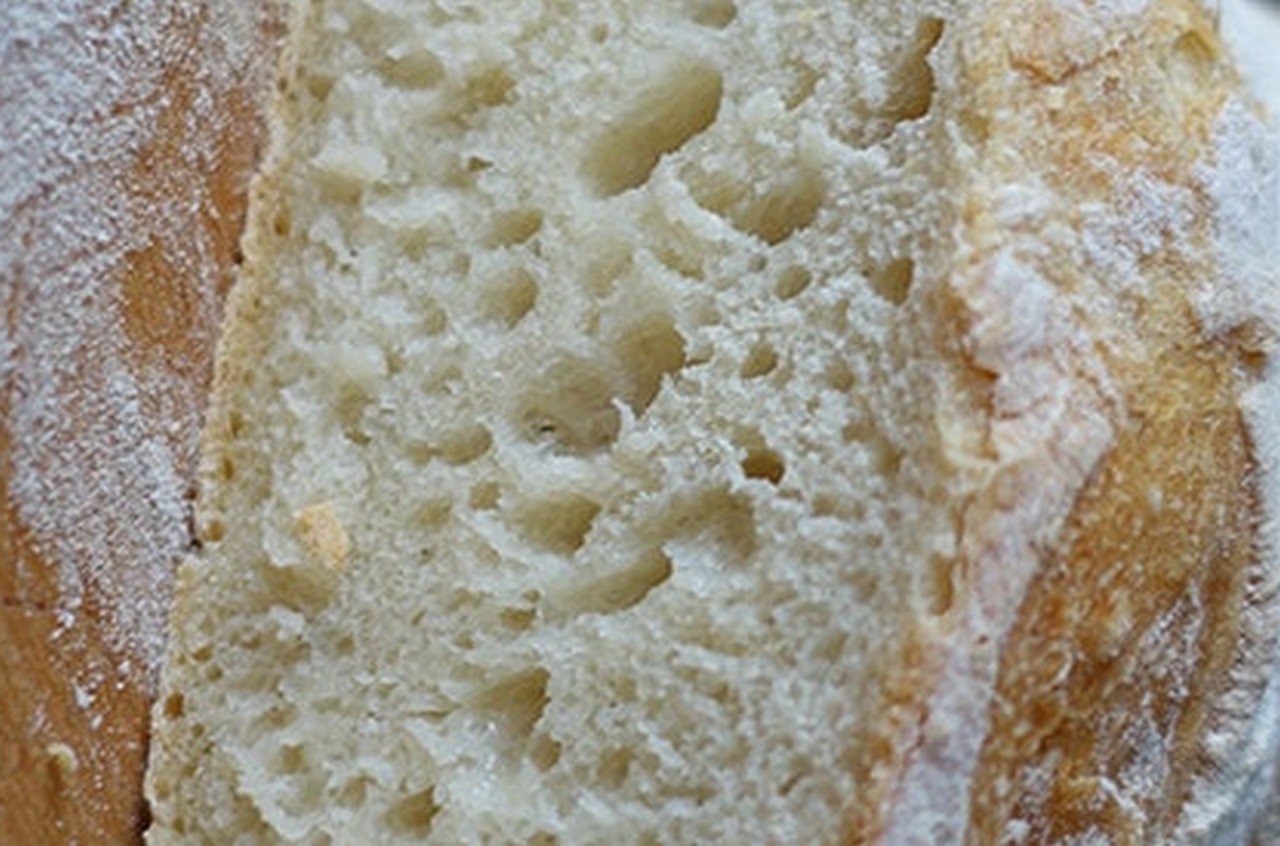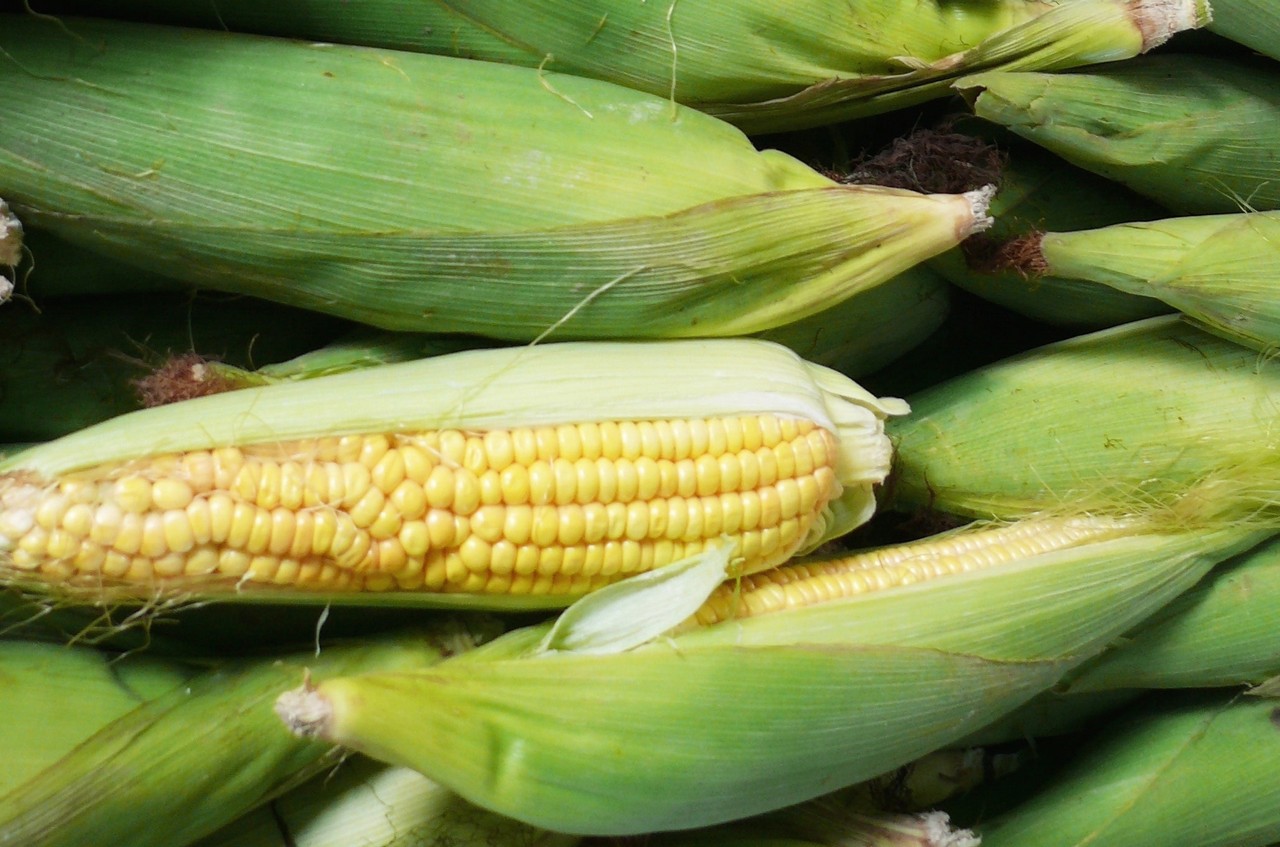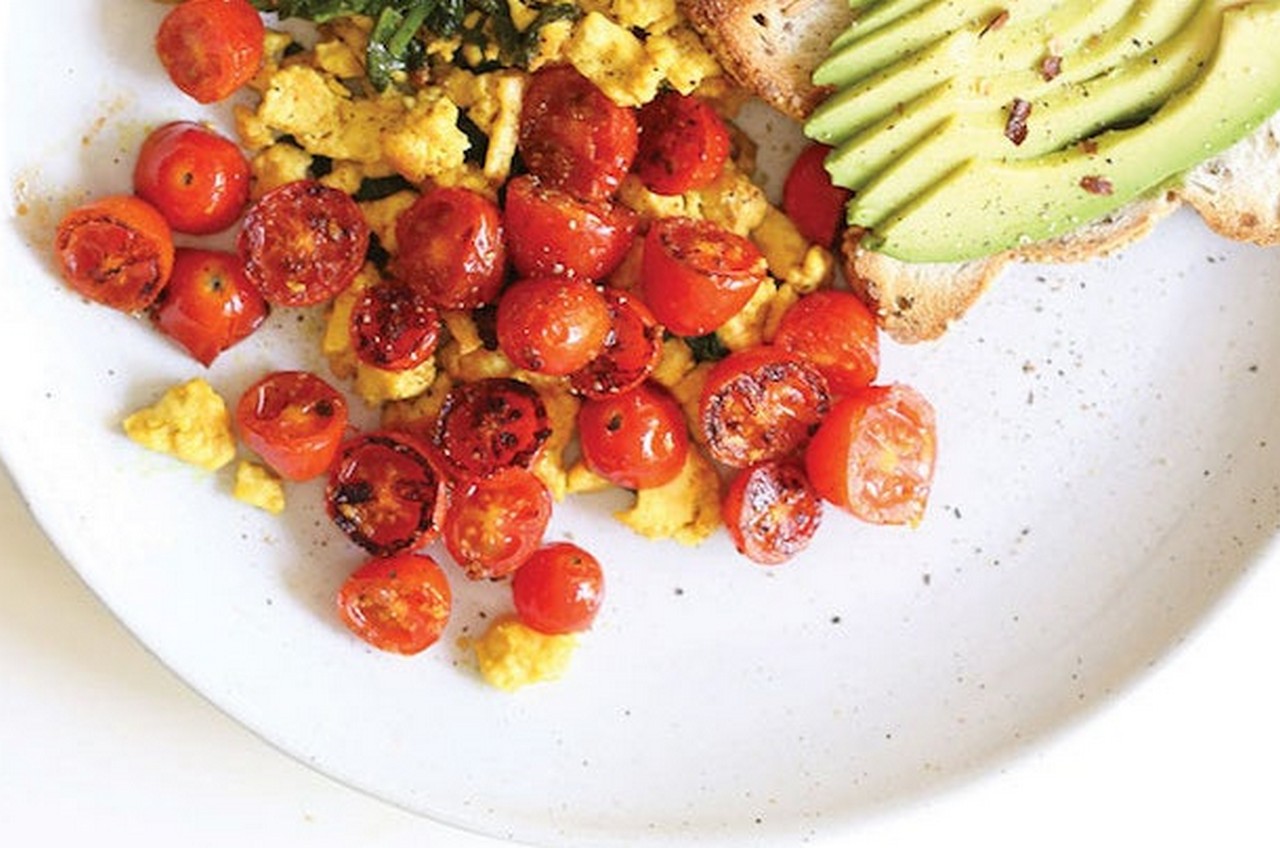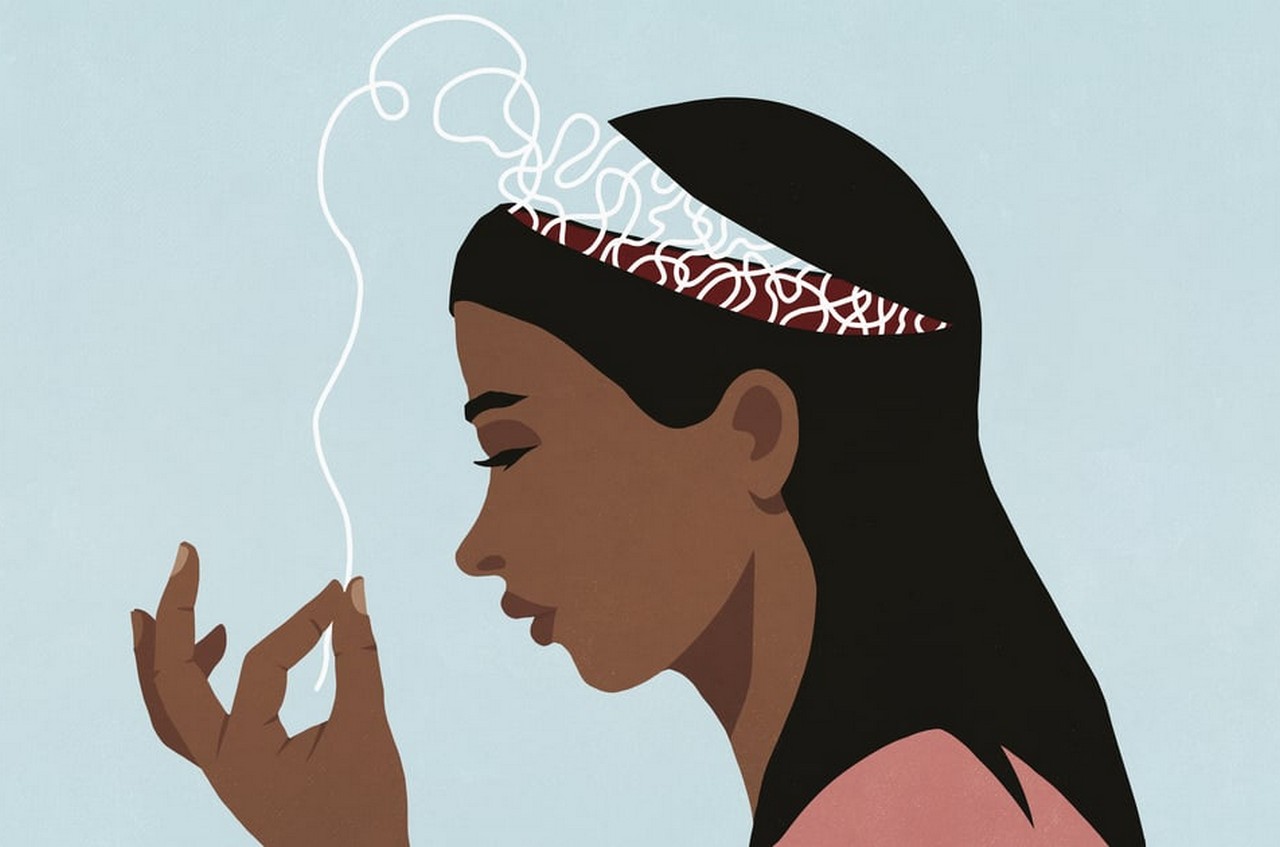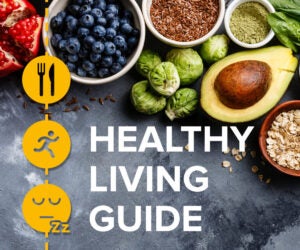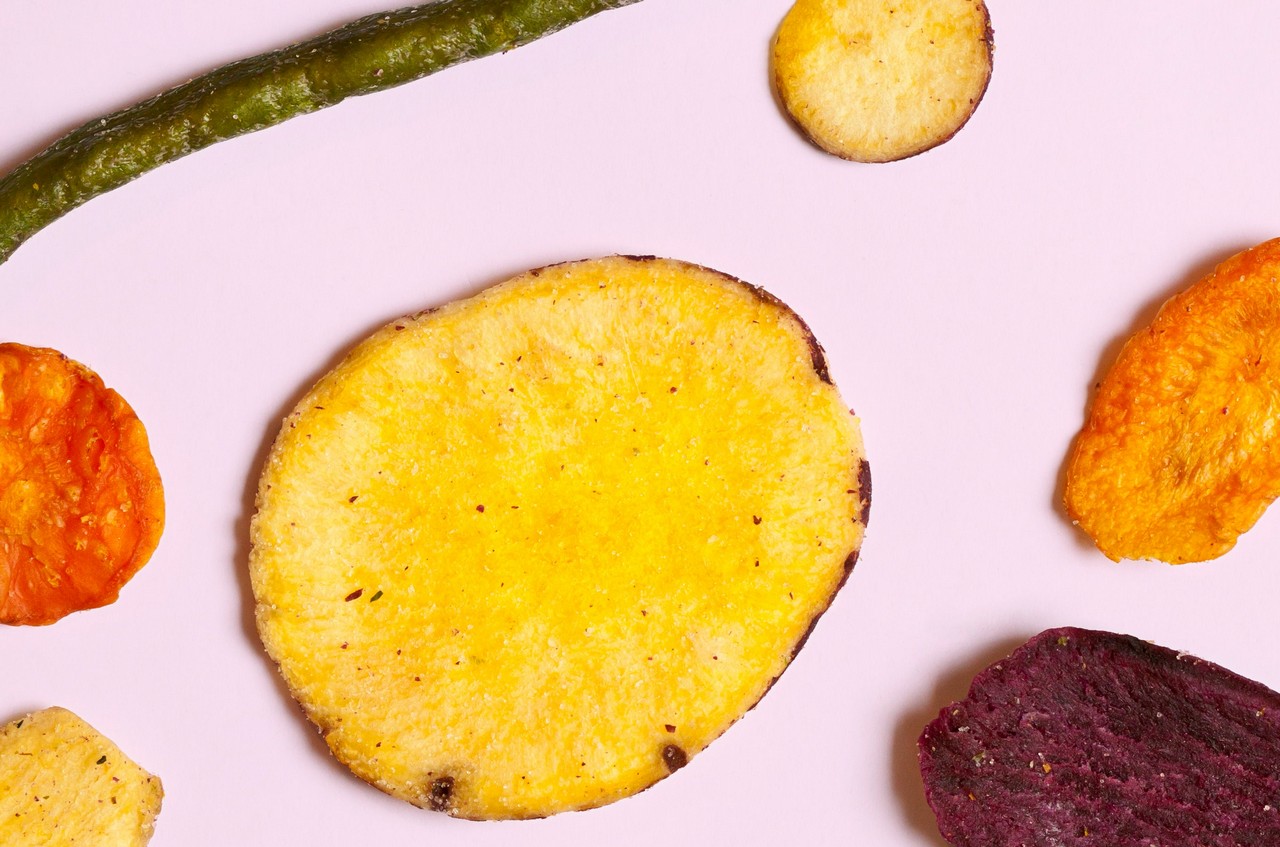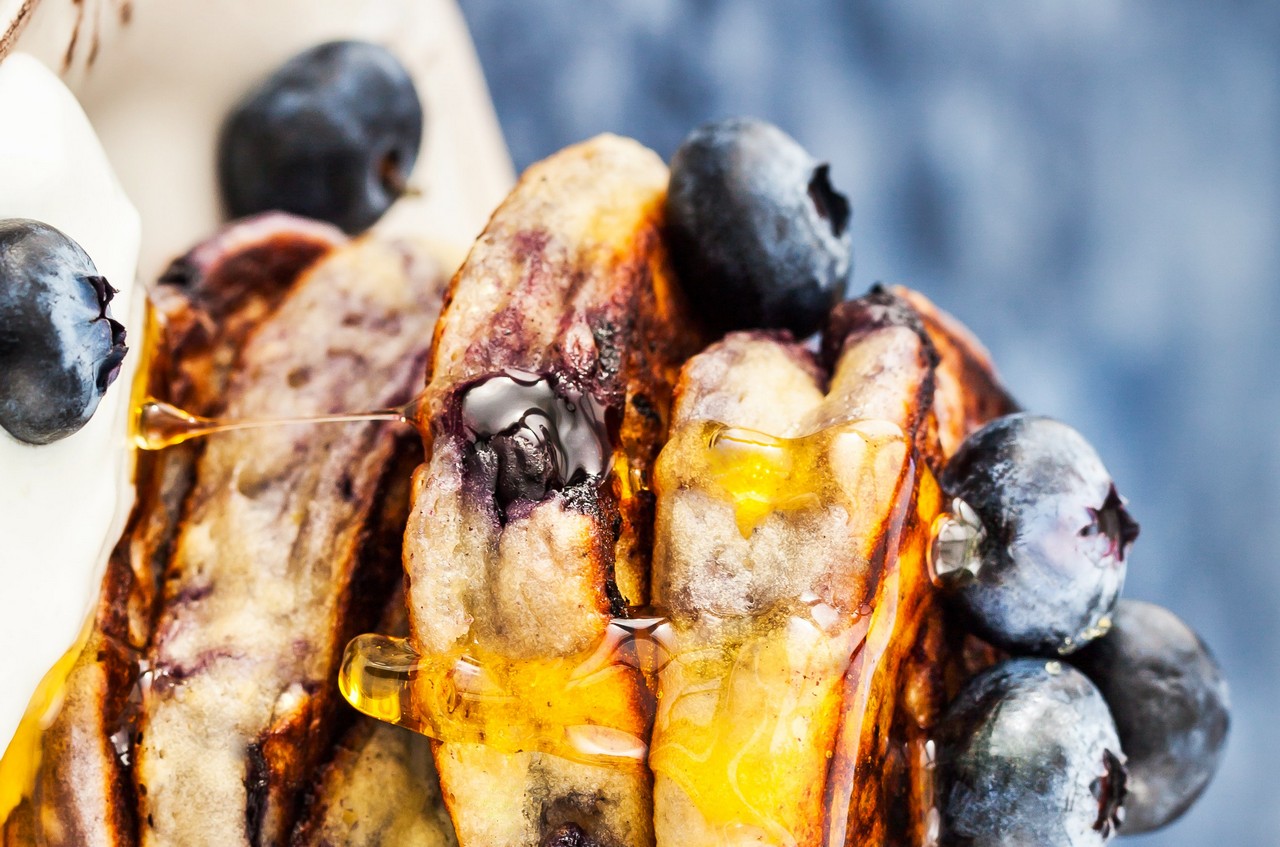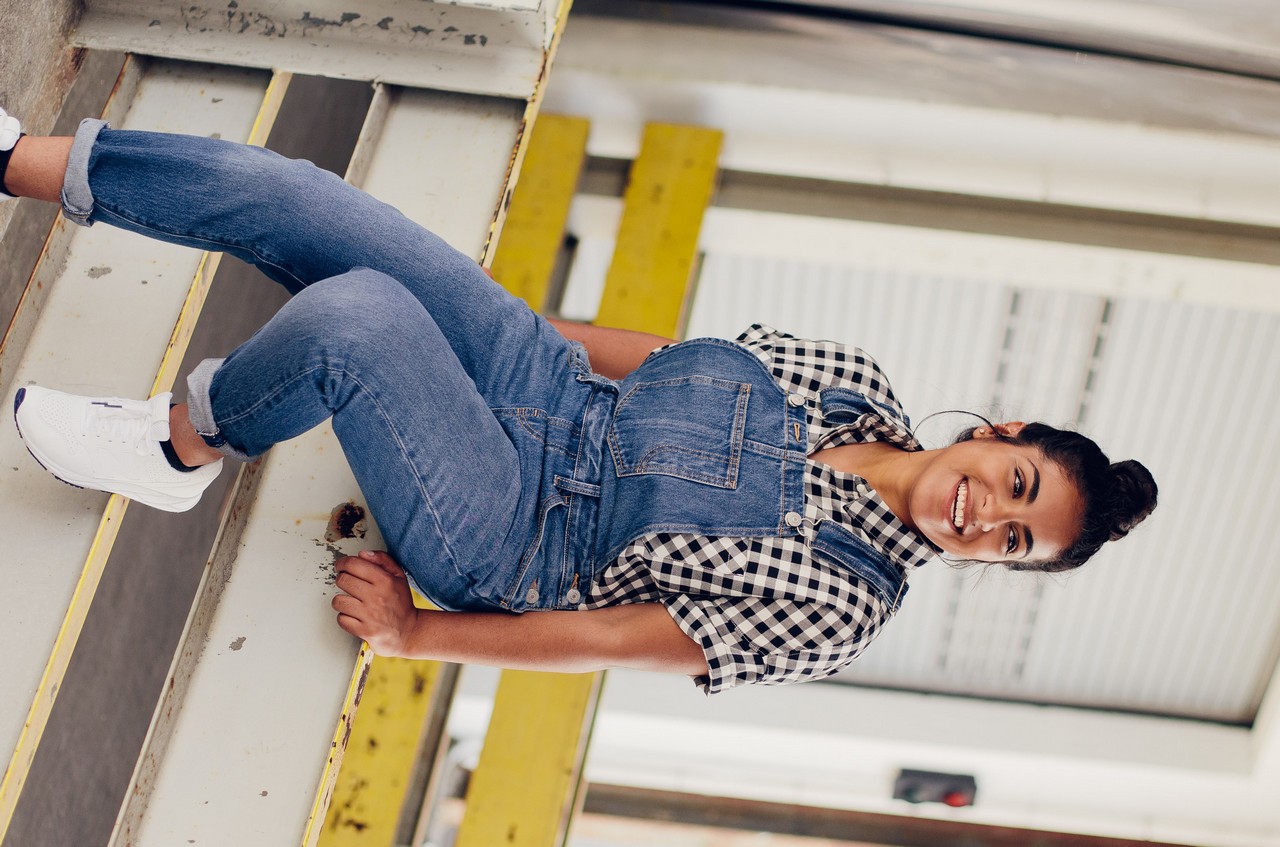
Nabeela Lakhani spends up to 20 hours a week inside a shipping container in a Brooklyn parking lot. Bathed in hot pink lighting, Lakhani grows greens: Tuscan kale, scarlet kale, and red Russian kale; a Japanese variety of mustard greens; and rainbow chard.
Inside her designated “Leafy Green Machine,” her crops grow in verdant columns stretching 9 feet from the metal floor. Outside, nine identical containers shelter highly efficient, humidity- and temperature-controlled Freight Farms that make it possible to cultivate produce anywhere, all year long.
Lakhani, 23, is one of ten farmer-entrepreneurs in the pilot program of Square Roots Grow, an urban farming accelerator launched by Tobias Peggs and Kimbal Musk (brother of Tesla founder Elon Musk). Each entrepreneur grows their own crops, and works with the program to sell greens at farmers markets and through a delivery service. Lakhani was drawn to the program because of the focus on hyper-local, pesticide-free food grown by individual farmers.
“I had studied nutrition in school, and I didn’t feel that it was solving the issues I really cared about,” she tells SELF. “One of the biggest problems I have with the current industrial food system is that it has stripped food down to a profit-making commodity, driven by money and power rather than nourishment, sustainability, and community—the core of what food should do. Food is so much more than a commodity. It’s such a rich, important part of our biology, our culture, our identities, and our planet, and I can’t stand that the industrial food system does not maintain that integrity of food.”
She was troubled by the disconnect between people—especially people living in cities—and the food they eat. Who grew it? What was it fed with? When was it harvested? Without knowing the answers these questions, how can a person possibly make informed decisions about what they put in their body to achieve optimal health?
“Everybody is affected by food,” she explains. “Everybody eats. We have this industrial food system that affects everybody.…You realize that a lot of our policies in place are benefiting the industrial food system rather than the health of our nation.”
She joined Square Roots Grow as one of its inaugural class of young urban farmers in November 2016 to help make agriculture less distant and more transparent.
The crops thriving inside the 45-foot long metal boxes in Brooklyn are fed hydroponically, using a liquid nutrient solution instead of soil. The LED lighting inside is tuned to sun-like wavelengths that are perfect for photosynthesis. Each container uses just 8 to 10 gallons of water a day. All in all, each shipping container can grow up to 50 lbs of greens every week.
Still in the early stages, the technology is too expensive for most aspiring famers. Each shipping container farm costs $85,000, and annual operating costs run to the tune of $13,000. Square Roots Grow currently sells single packs of leafy greens for $5 to $7 if you want it delivered. The hefty price tag on the produce “hurts all of us inside,” Lakhani says. But she knows this is just the start. Supporters believe there will be opportunities to scale up (and lower prices) as the technology becomes less expensive, more reliable, and more accessible.
“What we have to come to terms with is that this is a really long-term process. The first round of converted people…will be people who are looking for local organic food,” and who can (and are willing to) pay $5 for a handful of chard. “It’s going to start with people who have the ability to access it.”
Her hope—and the hope of the project’s backers and other urban farmers—is that the technology will usher in a new age in which people will increasingly gravitate toward hyper-local crops as their main form of nourishment.
“All we are looking for,” she says, “is food that you can trust.”

